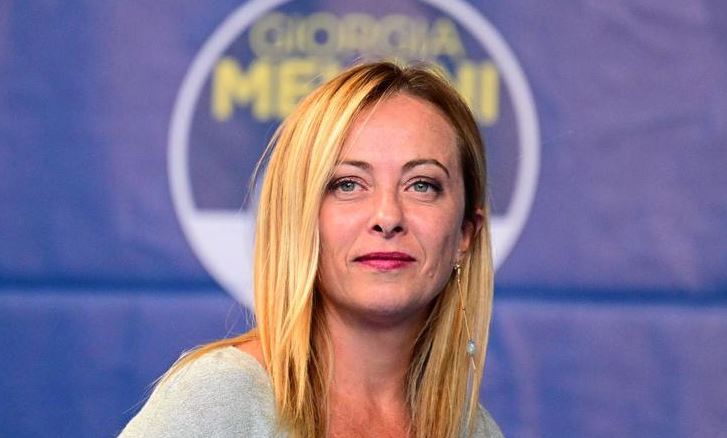There is bad news from Italy. The Far-Right government of Giorgia Meloni is virtually gagging the media and using the country’s public broadcaster for the ruling alliance’s propaganda. On the other hand, there is also good news. It is observed that Italian journalists are not taking the blatant attempt to control the media lying down. According to the latest audit of Press Freedom by Reporters Without Borders, Italy has slipped down in international rankings. The report stated the Meloni government is going ahead with its plan to sell off a state-controlled news agency to a Press baron who is also an MP in her ruling coalition. However, we in India should not find these acts strange. Such manipulations by the party in power to control both state and private media to launch pro-government propaganda has become common practise. What is happening in Italy now is causing serious concern for the fate of freedom of speech in the country as neo-fascist powers are at the helm of affairs. Interestingly it is in Italy that fascist forces, under the leadership of Benito Mussolini, had grabbed power over a century ago. Time seems to have turned full circle.
As has been the case in India where the government has been using the law of sedition to intimidate journalists and social activists critical of the government’s acts of omission and commission, the radical Right government of Italy is using the country’s draconian defamation law to silence independent voices. This week, a philosopher from Rome’s Sapienza University will become the latest public intellectual to face court proceedings after having been accused of defamation by a government figure. In a talk show, Donatella Di Cesare described the language used by the agriculture minister, Francesco Lollobrigida (Meloni’s brother-in-law), as neo-Nazi in tone. Under Italy’s strict defamation laws, she risks a substantial prison sentence if eventually found guilty in a criminal court
But, Di Cesare is not an isolated case. Meloni herself is pursuing an aggravated defamation case, on similar grounds, against an 81-year-old historian. She has also sued the writer and journalist Roberto Saviano apart from journalists working at the Left-wing newspaper Domani.
In broadcasting, the situation is even more grim. The tradition in the state broadcaster, RAI, has for decades been that the ruling party uses it as a political prize. Even then no party in power in the past took control of the news outlet so brazenly as Meloni’s administration is doing for which it has already earned the sobriquet of “Tele Meloni.” The corporation’s director‑general, Giampaolo Rossi, a close Meloni ally is an admirer of Viktor Orban and a onetime apologist for Vladimir Putin. A year after he was appointed, internal dissension has come out in the open. Last week, disgusted journalists began a series of strikes mainly against “deteriorating” working conditions and alleged editorial interference and pressure from Meloni’s government. At a Press conference, Enrica Agostini, a senior political reporter, said that in 25 years at RAI she had “never experienced pressure and censorship like now.”
That things were heading towards undeclared censorship became clear last month when one of Italy’s leading authors, Antonio Scurati, accused RAI of censorship after an invitation to deliver an anti-Fascism talk to mark Italy’s Liberation Day was withdrawn at the last minute. Scurati had shot into international limelight through his 2018 novel – M: Son of the Century -, based on the rise of Benito Mussolini. His crime, in the eyes of Meloni’s Brothers of Italy, is that in an interview following the election victory of Meloni and her party in 2022, he sought to differentiate between 20th-century Fascism and the modern radical Right. He said the real danger now is not the survival of democracy, but “the quality of that democracy.” What he meant is the current global phenomenon of neo-Fascist, neo-Nazi parties using the democratic route of elections to seize power and then impose authoritarian, intolerant rule on the people.
Meloni’s high esteem for the Hungarian Prime Minister Victor Orban, the self-styled champion of “illiberal democracy,” is well known. Since taking office 18 months ago, she has – unlike the Hungarian PM – supported Europe’s political mainstream views on issues such as Ukraine. But at home, her government’s policy of bullying critics follows the example of Orban. Another sign of protest is journalists at Italy’s state broadcaster went on strike protesting what their union termed “suffocating control” by Meloni’s administration. They expressed their resolve not to allow the government to turn RAI into a mouthpiece for the government. Their counterparts in India can take a leaf out of their book.

